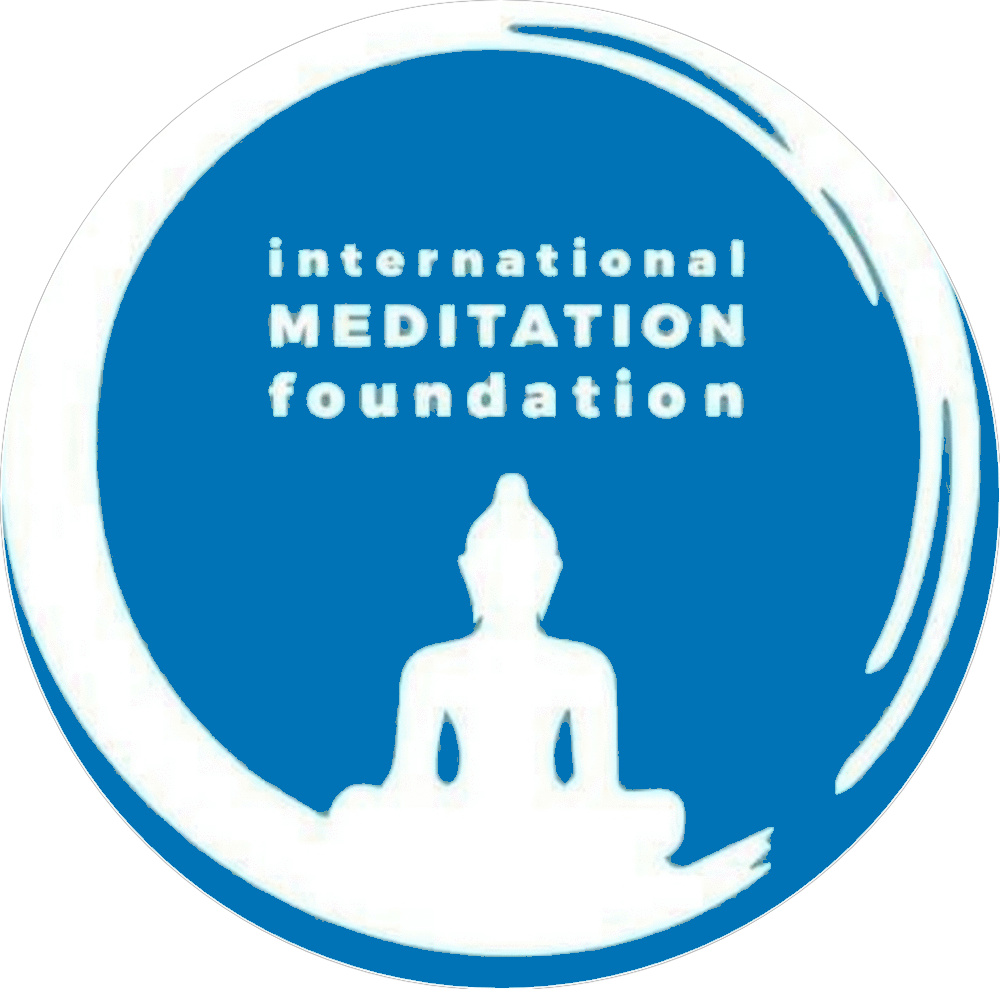This question misses a fundamental point: meditation is not something that should be confined to a specific time slot. It must become your very way of living. One of the great misunderstandings of the past has been precisely this — the belief that meditation means doing something for a few minutes, a few times a day, and that is enough. Different traditions have prescribed twenty minutes, three times a day, or five times a day — but the idea remains the same: set aside a few moments for meditation and go back to life as usual.
But what happens in the remaining time? Whatever clarity or silence you may gain in those twenty minutes will be overwhelmed by the unconscious momentum of the other twenty-three hours and forty minutes. You cannot expect twenty minutes to stand against the tide of a whole day’s forgetfulness. This is why, despite so much talk about meditation throughout history, very few people have actually experienced transformation.
The problem lies in the approach. Meditation must be understood in an entirely new way. Yes, you can learn meditation in twenty minutes — you can sit quietly, watch your breath, center yourself — but what you learn must then continue beyond that practice session. It must accompany you throughout the day. Meditation must become like your heartbeat: constant, unbroken.
You would never ask, “Is it enough to breathe for twenty minutes each day?” Of course not. Without breath, life would not continue even for a few minutes. Even in sleep, you continue to breathe. Nature has wisely not left essential functions like breathing, heartbeat, or blood circulation under human control. If it had, you’d forget — and then it would be too late to say, “I’m sorry, I forgot to breathe. Can I try again?”
But meditation is not part of your biology. It’s not a function of the body, the chemistry, or the nervous system. It is your freedom — your unique capacity — and because it’s not biological, it’s optional. If you wish, you can remain as you are: biologically complete, able to reproduce, live and die, just as nature intended. Nature has brought you to this point and now waits — will you take the next step, or not? That next step is not nature’s responsibility. It is yours.
Meditation is not a necessity for survival, but it is the doorway to transcendence. You can sit for twenty minutes to anchor yourself in it, to recharge, to deepen the roots — but the fragrance must linger through every moment. Let it follow you throughout the day, like a subtle awareness humming beneath your actions.
From the moment you wake up, catch the thread of awareness. That first instant upon waking is invaluable. Begin immediately with alertness, with a conscious breath, a silent presence. Throughout the day, you will forget again and again — but whenever you remember, return to that thread. Don’t waste time in repentance. Don’t say, “Oh, I forgot again!” That is just more unconsciousness. Simply return, silently, gracefully.
There is no place here for guilt. What has passed is gone. The important thing is to begin again, without judgment. Over time, a subtle thread of awareness will weave itself through every act, every word, every thought. Whether walking, eating, speaking, or resting — an undercurrent of consciousness will remain.
Even when you go to sleep, let the thread go only at the very last moment, when sleep is already taking you. And there is a natural law: whatever is your last thought before sleep becomes your first upon waking. Test it. Repeat your own name as you fall asleep: “John, John, John…” Half asleep, half awake, repeat it gently. Eventually you’ll forget as sleep deepens, but the undercurrent will remain. And in the morning, it will be the first thing that rises to your awareness. This proves that even sleep cannot fully extinguish conscious intention.
As your practice deepens, something remarkable happens: you become aware even in your sleep. Sleep itself becomes lighter, more restful, no longer a heavy unconscious plunge. Your body rests, but your awareness remains untouched, like a flame that continues to burn silently in the background. You are not disturbed, but your being is no longer buried in unconsciousness.
This is what the ancient seers described. Dreamless sleep and samadhi — the ultimate meditative state — are alike in silence and stillness, but differ in one essential point: in samadhi, you are fully aware.
So yes, you may continue your twenty minutes a day — as training, as grounding, as nourishment. But never be content with that alone. That’s where many have stopped, and that is why true transformation has remained rare. When the practice is too shallow, the roots do not hold.
You have many responsibilities, many tasks — fine. Set aside time to meditate, but know that the real meditation is not limited to those minutes. It is the flavor you must carry into your job, your errands, your relationships, your challenges. Every moment becomes an opportunity to check: Is it still alive inside me? Or have I forgotten again?
This is how meditation becomes a continuous garland of awareness, threading all twenty-four hours of your day.
Only then can the door open to satyam shivam sundaram — truth, auspiciousness, and beauty.
Not before.

Leave a Reply